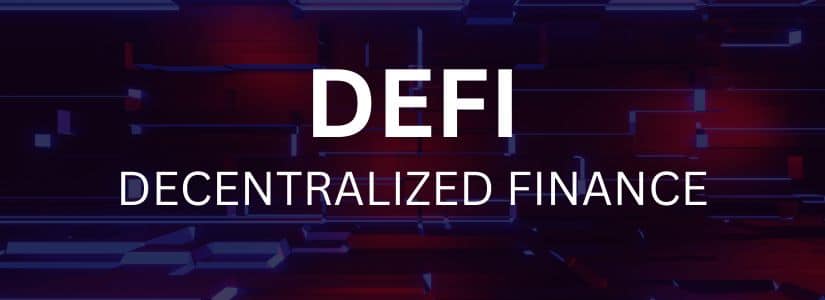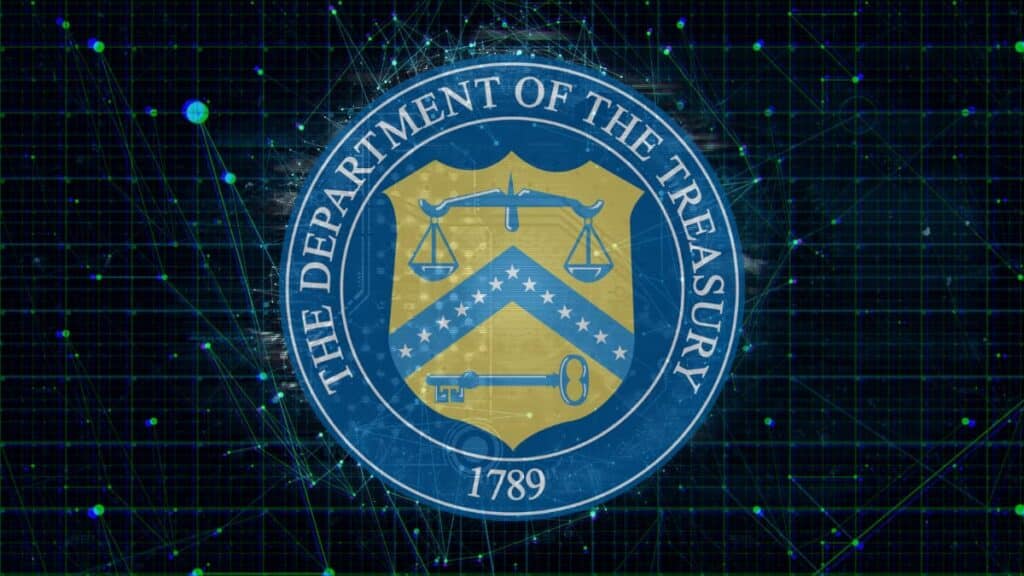The emergence of decentralized finance (DeFi) markets poses a serious threat to national security, the U.S. Department of Treasury warned in a recent first-of-its-kind document, raising worries about everything from illegal activity to hazards to financial stability.
The peer-to-peer nature of DeFi creates new illicit finance concerns that call for more legal supervision, according to the 42-page report produced by Treasury officials, including Brian Nelson, the Treasury’s undersecretary for terrorism and financial intelligence.
As decentralized cryptocurrencies like Bitcoin, Ethereum, and other digital currencies continue to gain popularity, the DoT and other authorities have continuously highlighted possible concerns linked to these emerging revolutionary technologies. The department noted,
“Actors like the Democratic People’s Republic of Korea (DPRK), cybercriminals, ransomware attackers, thieves, and scammers are using DeFi services to transfer and launder their illicit proceeds.”
It went on to warn that these parties can take advantage of weaknesses, such as the fact that many DeFi services that have an anti-money laundering and countering the financing of terrorism (AML/CFT) duties do not carry them out.
The DEFI study also covers the Treasury’s plans to improve federal regulatory and oversight practices. The authors stress that some of these vulnerabilities can be partially mitigated by industry solutions and centralized virtual asset service providers (VASPs).

Regulations that pertain to traditional banking should also apply to decentralized finance, according to the Treasury Department, and authorities must address specific gaps that hackers, money launderers, and scammers already exploit.
Balancing Innovation and Safety in DeFi
However, despite the risks posed by DeFi, the report acknowledges that cash is still king when it comes to financial crime.
“Money laundering, proliferation financing, and terrorist financing most commonly occur using fiat currency or other traditional assets as opposed to virtual assets,” it stated.
Meanwhile, while the Treasury Department’s report on DeFi may have been well-intentioned, it remains a fact that the technology has the potential to revolutionize the entire financial industry.
While it is true that there are risks associated with DeFi, including the potential for illicit activities, these risks can and should be addressed through targeted and comprehensive regulation. The Department’s call for stricter oversight and regulation is understandable, but policymakers must take a measured and thoughtful approach to ensure that the benefits of DeFi are not lost in the process.
It is also important to note that, despite the Department’s warnings, the report acknowledges that illicit finance remains a minor portion of the overall virtual asset ecosystem.










